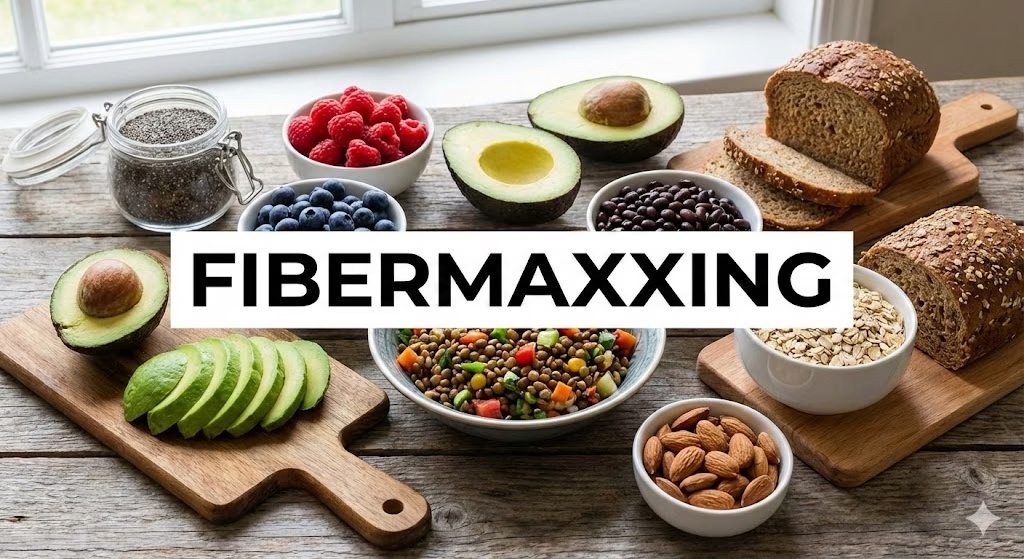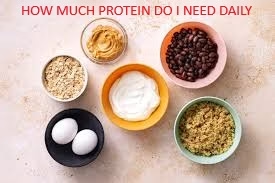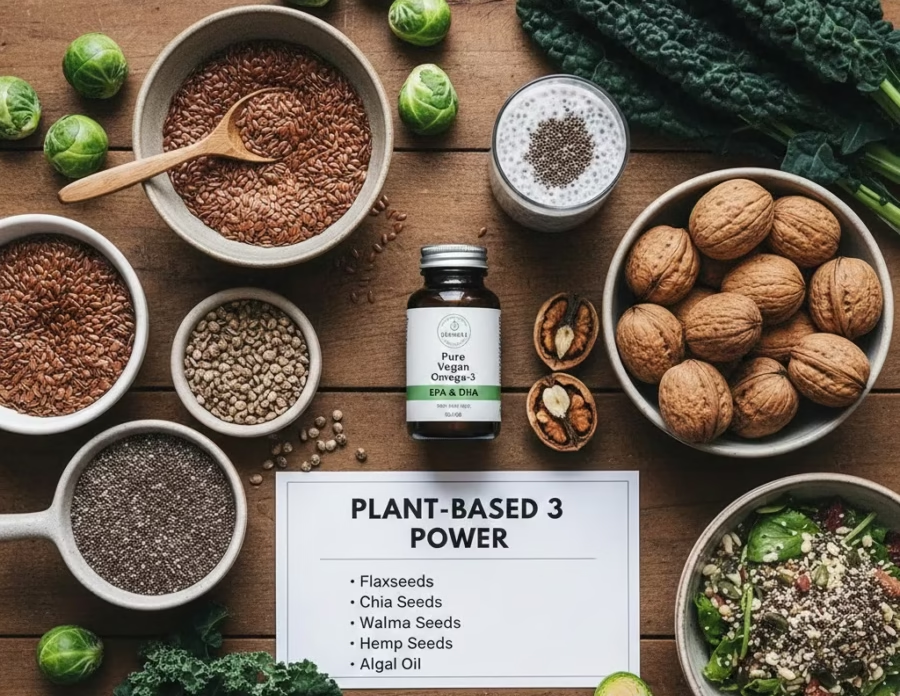
Scroll through Instagram or TikTok, and you’ll likely spot influencers sipping carrot-packed smoothies or piling their plates with sweet potatoes—all in pursuit of that elusive, natural glow. The trend? Eating foods high invitamin A (or beta-carotene, its plant-based form) to enhance skin from the inside out. But is there real science behind this “eat for glow” philosophy, or is it just another wellness fad?

What Vitamin A Does—for Your Skin and More
Vitamin A is not just a skincare buzzword. It’s a critical nutrient your body relies on for vision, immune function, and organ health—and that includes your skin, heart, and lungs. It exists in two forms:
- Preformed vitamin A (retinoids): In foods from animals, such as eggs, dairy, and fish.
- Provitamin A (beta-carotene and other carotenoids): In colored fruits and vegetables, carrots, sweet potatoes, and leafy greens come to mind.

Both are converted into retinol, the active ingredient that’s behind everything from cell turnover to collagen formation. As far as skin goes, vitamin A—specifically in the retinoid state—is a powerhouse. Dermatologists have long utilized topical retinoids (creams or serums made from vitamin A) to fight wrinkles, stimulate collagen, and treat acne.

Retinoids are among the most studied and effective ingredients we have for acne and skin aging,” explains Zakia Rahman, MD, a Stanford Medicine dermatologist. By accelerating skin cell turnover and clearing pores, they make skin smoother, firmer, and more evenly pigmented.

Can You Eat Your Way to Glowing Skin?
While retinoids are most effective when put directly on the skin, there is increasing interest in aiding skin health through diet, particularly through consuming foods high in beta-carotene.

“There is evidence to suggest that individuals who eat more carotenoid-containing foods have a healthier-appearing skin tone,” says Rajani Katta, MD, dermatologist and faculty at Baylor College of Medicine. “Beta-carotene is an antioxidant that helps preserve your skin from free radicals resulting from exposure to UV light and pollution.”

A 2019 study even discovered that greater dietary vitamin A intake may be associated with a lower risk of some skin cancers. But don’t count on carrots doing the whole job for fine lines or acne treatment.

Food vs. Skincare Products: What’s the Difference?
Anna Axelson, MD, a dermatologist with Henry Ford Health, explains the difference is easy: food supplements overall skin health, while topical remedies address specific problems. “Eating well can improve your general skin quality, but it won’t perform as well as prescription-grade treatments,” she says.

So, snacking on sweet potatoes is an excellent practice, but it will not substitute your evening retinolserum.

The Risks of Too Much Vitamin A
Here’s a helpful reminder: more is not always best. Taking vitamin A from foods—particularly beta-carotene—is usually harmless. Worst case, excessive amounts can temporarily dye your skin orange (no big deal, but perhaps not the radiant glow you had in mind). But high vitamin A supplement doses can cause serious problems such as liver damage or birth defects.

Always consult a healthcare practitioner before incorporating supplements into your regimen, particularly if you’re already applying topical retinoids.
Retinoids Are Not One-Size-Fits-All
As effective as they are, retinoids have to cause dryness, redness, and sensitivity to the sun, particularly when you first begin. To reduce irritation:
- Begin with a less concentrated version.
- Apply it only a few times a week.
- Combine it with a hydrating moisturizer.
- Never skip sunscreen.

And if you’re sensitive-skinned or have skin conditions such as eczema, consult a dermatologist first before diving in.

The Big Picture: Inside-Out Skin Health
Vitamin A is just one ingredient in the glow formula. True, sustainable skin health comes from a whole-picture approach:
- Fuel with a colorful, nutrient-dense diet.
- Get plenty of sleep and manage stress.
- Shield your skin from the sun.
- Discover a skincare regimen that suits your individual needs.

And perhaps most importantly, take care of what makes you happy, on the inside and out. “Real beauty begins in a state of confidence and self-love,” says Dr. Rahman. “When you’re well and contented, it registers on your skin.”













